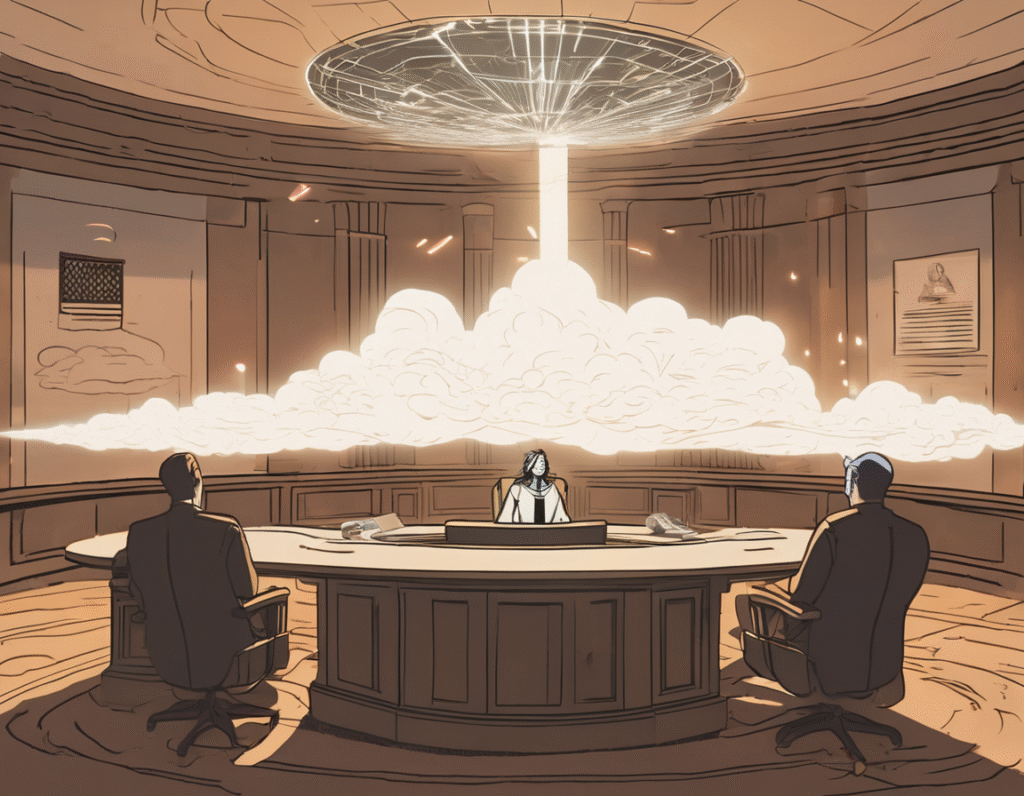Disney, Universal and Warner Bros. Discovery have launched a major joint lawsuit against Chinese artificial intelligence company MiniMax, the owner of the Hailuo AI platform. The three media giants, which together account for more than half of the total US box office revenue, filed the complaint in a California court. The lawsuit accuses MiniMax of operating an AI image and video generation service that engages in massive copyright infringement. The core allegation is that the company’s technology pirates and plunders the studios’ protected intellectual property on a grand scale. Evidence submitted includes dozens of screenshots showing the AI generating images based on a wide range of famous characters and worlds. These infringing outputs span major franchises including superheroes from both the DC and Marvel universes, Star Wars, the Minions, and numerous other iconic cartoons and animated films. The complaint goes further than just alleging negligence. It claims that MiniMax not only failed to take reasonable steps to prevent copyright violations but actively engaged in and encouraged users to create these infringing works. The suit describes the company’s business model as being purposefully built around the unauthorized use of protected content, calling its defiance of US copyright law willful and brazen. Marketing materials for the Hailuo AI app, available on iOS and Android, are cited as proof. The company reportedly promotes the app as a Hollywood studio in your pocket. Advertisements for the platform explicitly invite users to create custom videos using copyrighted characters and stories, with screenshots of these ads included in the legal filing. This case is the latest in a rapidly growing wave of high-profile legal actions brought by content creators against AI companies. Earlier this month, Warner Bros. Discovery separately sued the popular AI image generator Midjourney over very similar copyright infringement claims. Just a few months prior, in June, Disney and Universal Studios had filed a joint lawsuit against the same company. The legal conflict extends far beyond Hollywood. The publishing industry is also embroiled in numerous battles against AI firms over the alleged use of copyrighted written material for training models. Anthropic, the company behind the Claude AI, recently agreed to a landmark 1.5 billion dollar settlement in a class action case representing over 500,000 authors, though a judge has since rejected that proposed settlement. Tech giant Apple is also facing a lawsuit that claims it used a collection of pirated books to train its own AI system. The lawsuit against MiniMax represents a significant escalation, uniting three of the world’s biggest entertainment companies against a single AI developer. The case will be closely watched as it could set important precedents regarding copyright law, fair use, and the legal responsibilities of companies that build and deploy generative AI tools.

